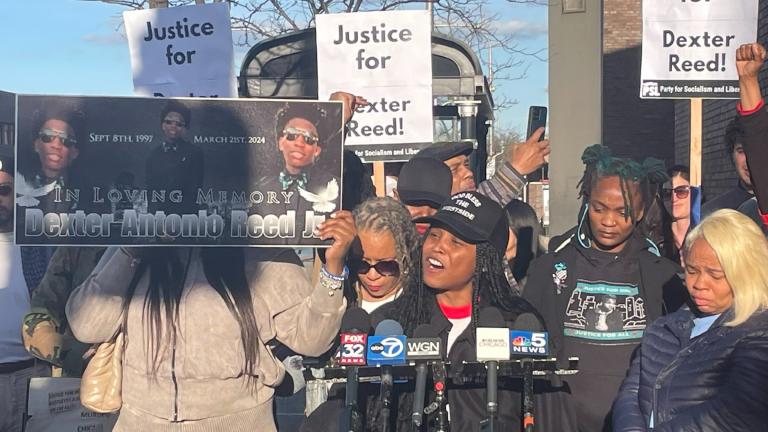At 17 years old, Jarrett Adams, a Black boy from the south side of Chicago, was convicted of raping a white college freshman at the University of Wisconsin. Adams would spend 10 years of his young life in prison for a rape he always maintained he did not commit.
He spent those years studying the legal system to overturn his own case and then eventually becoming a lawyer himself, working to help young Black men like himself. His book, “Redeeming Justice: From Defendant to Defender, My Fight for Equity on Both Sides of a Broken System” traces the path of his life from incarceration to exoneration – and now, defending the rights of the wrongfully incarcerated.
“The accusation itself was so outlandish,” said Adams. “Me, my co-defendants, my friends who were accused, our families, we didn’t think that we would be found guilty because we were telling the truth and little did we know that does not get people who look like you and I victory in a court of law.”
Adams says that being unable to afford effective counsel is a foundational issue in not only his experience, but that of many others.
“I think about how so many mothers on the south side and on the west side of Chicago can’t afford representation. The system is broken, especially in the city of Chicago where we have the largest unified court system. It’s not broken because of the public defenders who spend tireless hours. It’s broken because of the lack of resources; the lack of knowledge and it takes advantage, and it bullies the communities of color in the city of Chicago,” he said.
But his extraordinary resolve to prove himself innocent, coupled with unending support from his family, drove him on. He recalls his Aunt Josephine sending him copies of Chicago newspapers while he was imprisoned.
“She said, ‘They may have your body confined, but you cannot allow them to confine your mind. You have to continue to read. You have to continue to grow and continue to write.’ And so I did that. And it was therapeutic,” Adams said.
The book recounts the many ways the justice system not only failed him but acted as an adversary to Adams – from the arresting police officers suppressing evidence to prison guards falsely accusing him of criminal behavior in prison. Adams does not name his accuser in the book, a choice he made to focus the blame for his wrongful conviction where it belongs – on the people in power.
“It was the adults, it was authorities who decided to put me and my friends in a historical depiction of Black boys, bad gang members. They had to do it despite evidence saying that no crime was committed at all,” he said.
Today, in addition to his own law practice, Adams heads up Life After Justice, the organization he founded to support exonerees. He says the book is another way he hopes to continue his fight for justice.
“I want kids sitting on the south side and west side porches to understand that we do not have to become the reality of other people’s perception … So, I wrote the book ‘Redeeming Justice’ to remind us all that we are all worth saving.”








